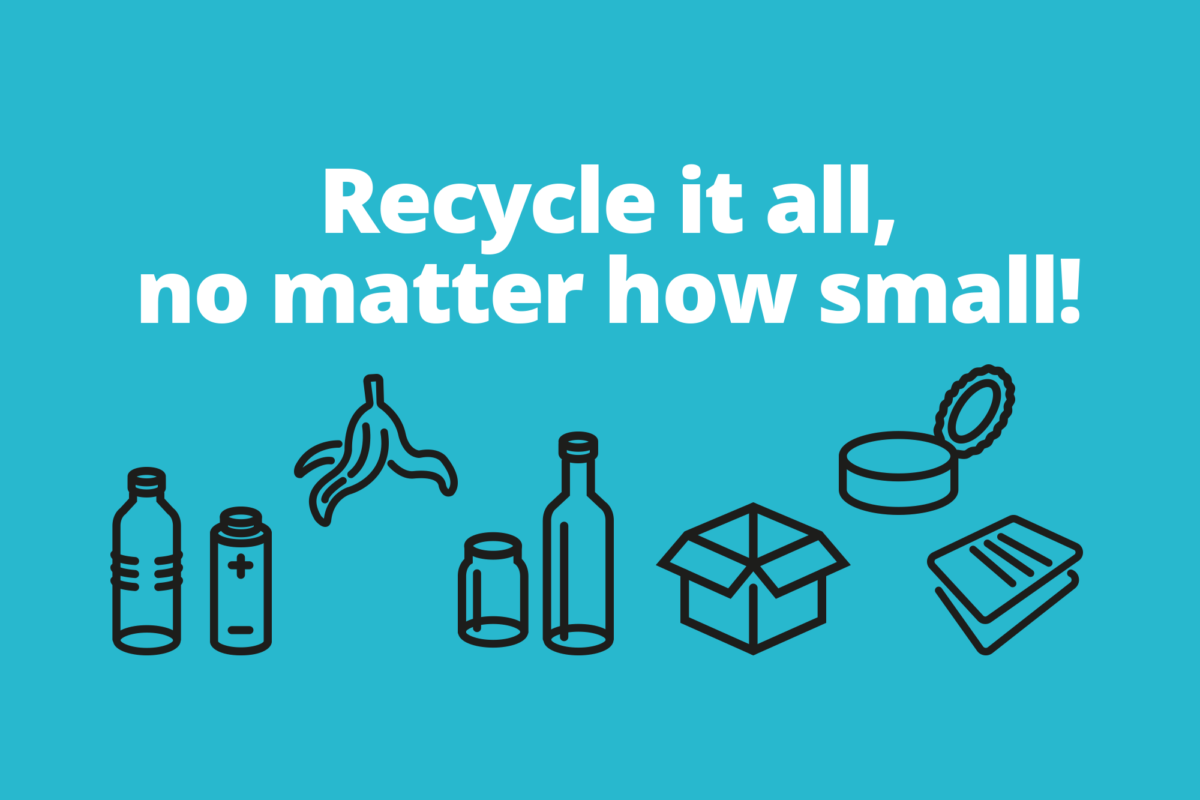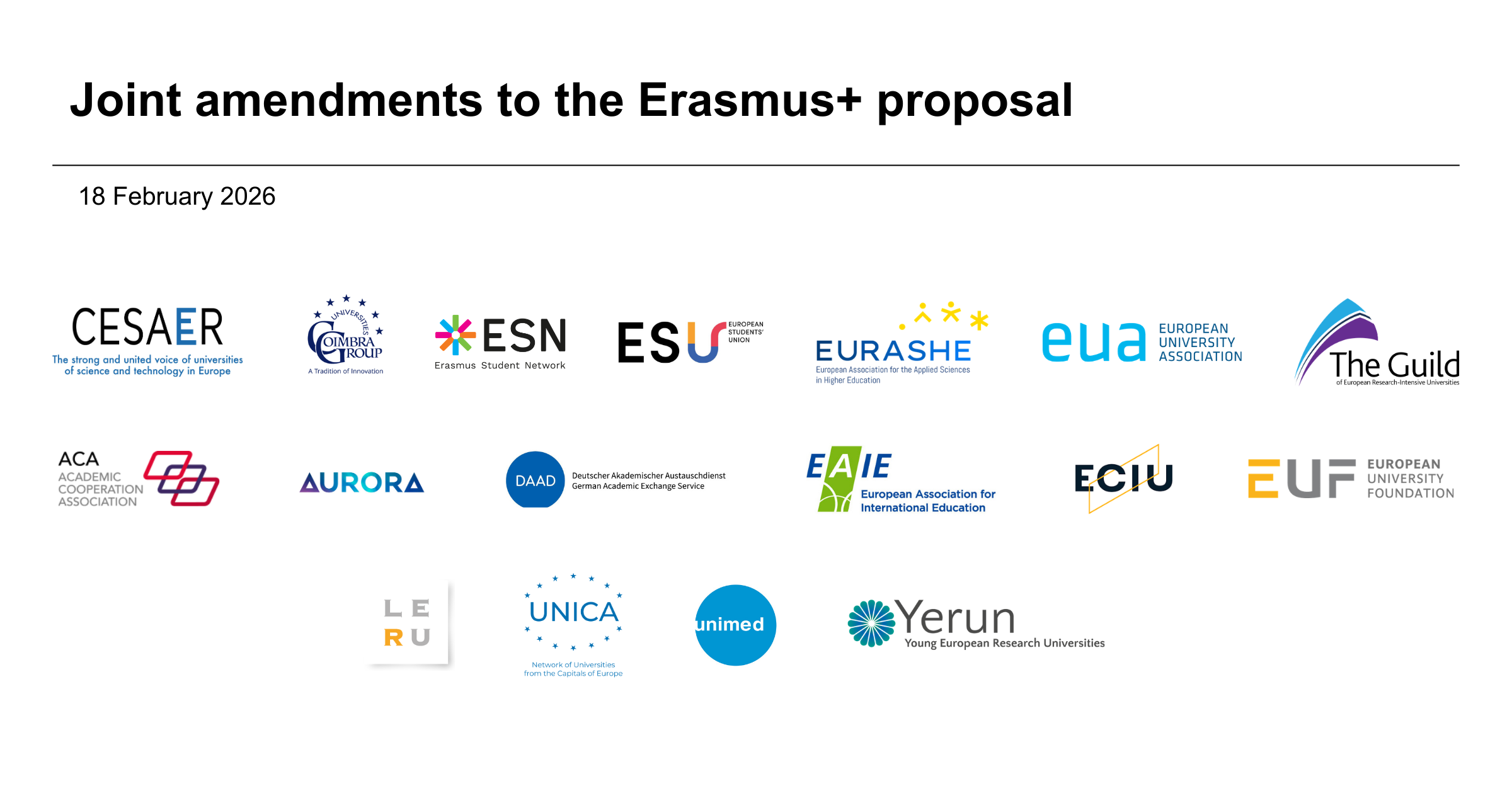The University of Eastern Finland (UEF) strives to promote the 17 Sustainable Development Goals (SDGs) set by the United Nations. A couple of years ago, the university compiled its first SDG report to highlight the impact its research, education and other activities have on the SDGs. The SDGs on which the university has the strongest expertise were also identified as part of that process, and specific attention has been paid to promoting them.
The University of Eastern Finland has succeeded well in its efforts, as witnessed by the latest THE Impact Ranking assessing more than 1,700 universities against the UN’s SDGs. UEF was ranked in the top 50 for SDG 12, Responsible Consumption and Production, and for SDG 13, Climate Action, constituting a major leap forward since last year.
“I’m glad to see that we’ve managed to highlight our sustainability expertise in these areas better than before. As competition in these sustainability rankings is getting tougher every year, it’s a major achievement to do as well as we’ve now done,” says the University of Eastern Finland’s Director of Administration Tuomo Meriläinen, delighted.
Concrete measures taken by UEF with regard to SDG 12, Responsible Consumption and Production, include commitment to the UN’s Principles for Responsible Investment, which take into account factors related to environmental and social responsibility, and good governance. Other measures include improving and promoting recycling, as well as reducing food waste. For example, the university has introduced university-wide recycling of plastics, and recycling awareness has been promoted through various campaigns. Food waste is sought to be reduced throughout the university, including in campus restaurants, where special food waste scales have been introduced.
With regard to promoting SDG 13, Climate Action, UEF has set as its goal to become carbon neutral by 2025 and has taken multiple steps in this direction over a longer period of time already. For example, the university uses 100% renewable sources of energy both in electricity and heating, and emissions are monitored on an annual basis. Various energy-saving measures are in place, including those geared towards optimising ventilation and room temperatures. The university’s campus restaurants also encourage sustainability: plant-based options are more affordable, and red meat is avoided in university-level catering altogether. UEF is also a signatory of the WWF Green Office agreement.
For more information on UEF’s sustainability measures, please see: https://www.uef.fi/en/sustainable-development










